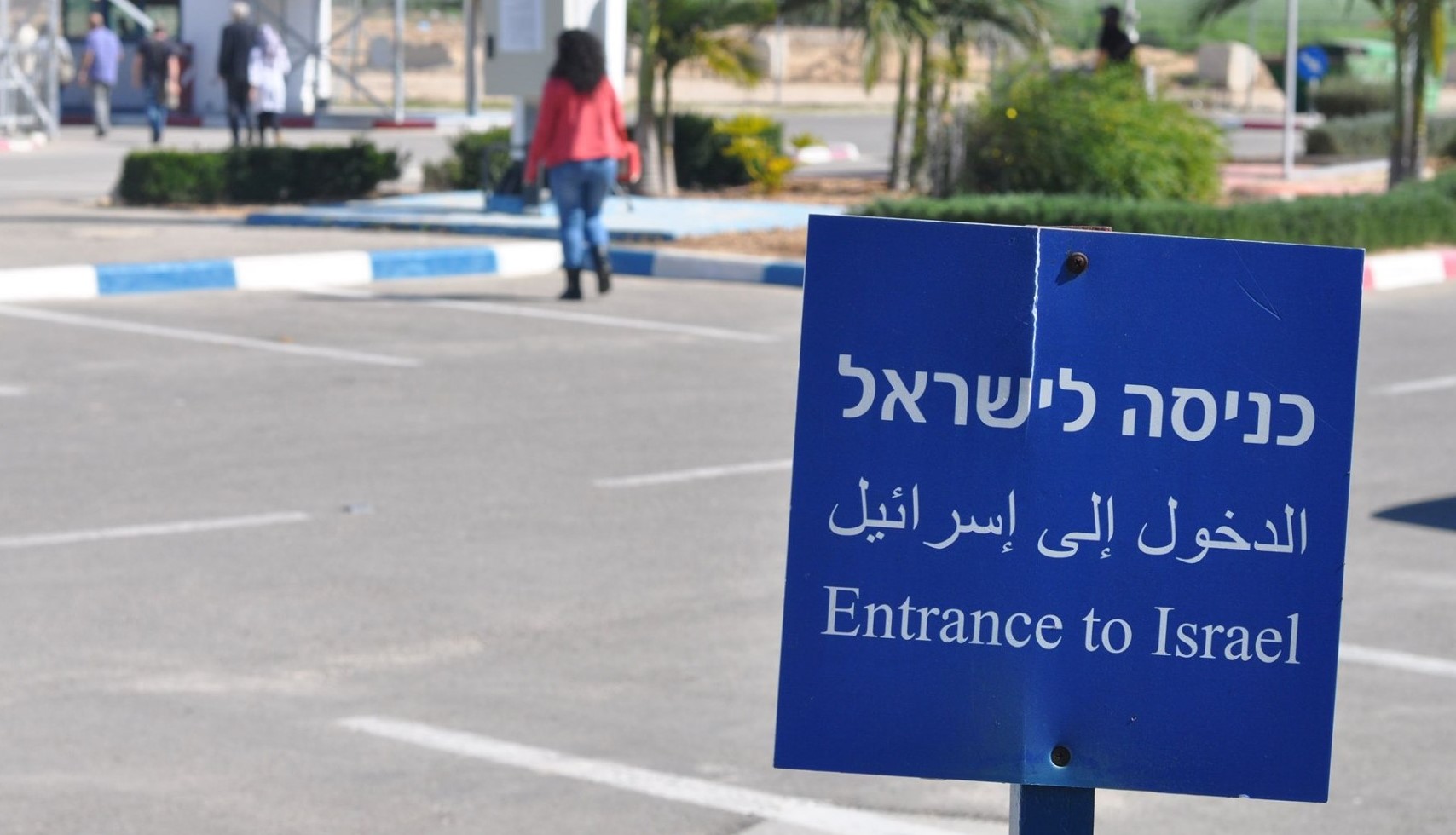Five Israeli human rights organizations have sent an urgent letter to Defense Minister Benny Gantz, the Coordinator of Government Activities in the Territories (COGAT), Kamil Abu Rukun, and Attorney General, Avichai Mandelblit, demanding that Israel immediately rescind its restrictions on movement of people to and from Gaza which were imposed under the guise of fighting the spread of the coronavirus pandemic.
The five NGOs that sent the letter are: Gisha – The Legal Center for Freedom of Movement; The Association for Civil Rights in Israel (ACRI); HaMoked: The Center for the Defense of the Individual; Adalah – The Legal Center for Arab Minority Rights; and Physicians for Human Rights – Israel.
For more than four months now, Israel has exploited the health crisis to further entrench the severe closure it has imposed on Gaza for 13 years, while at the same time allowing Palestinian laborers to enter Israel from the West Bank according to its own needs. Restrictions currently being implemented by Israel on travel between Gaza, Israel, and the West Bank via the Erez Crossing, under the exclusive control of Israel, deny travel even in cases which Israel previously defined as “exceptional and humanitarian,” such as attending the funeral or wedding of a first-degree relative. Consequently, the total number of exits via Erez Crossing in June (218 exits) was just 1% compared to the total recorded in February (21,032 exits).
In their letter, the organizations point to the disparity in Israel’s approach to the West Bank where “no changes have been made to the access policy put in place in response to coronavirus” when compared to Gaza. The organizations emphasized that anyone entering the Gaza Strip is sent to a quarantine facility run by the Hamas-lead government for 21 days. As a result, in stark contrast with Israel and the West Bank, very few if any cases of COVID-19 have been identified until now among Gaza’s general population (latest figures are 75 confirmed cases, 68 recovered and 1 death, nearly all arrived in Gaza from outside the enclave where they were infected). The organizations therefore argue that so long as Israel allows movement within its own territory, there is no justification for denying Gaza residents’ travel, subject to necessary precautions. Israel’s decision to block movement is disproportionate, extremely unreasonable and appears to be motivated by extraneous considerations.
Since the closure on Gaza was tightened further in early March, a first step in measures to curb the pandemic, exits via the Erez Crossing have been limited mostly to critical medical cases. When the Palestinian Authority (PA) halted coordination with Israel in late May in response to Israel’s intention to annex parts of the West Bank, the system that enabled coordination between Israel and Gaza residents collapsed.
In a previous letter to the Defense Minister, COGAT and the Attorney General, the five organizations demanded that Israel identify an alternative mechanism to allow Gaza residents to submit applications even in the absence of Palestinian coordination, while emphasizing Israel’s ultimate control over travel. In its response, COGAT disavowed Israel’s responsibility for protecting the health of Gaza’s residents and insisted that applications be filed through the PA’s coordination committee in Gaza. COGAT also stated that “beyond legal requirement,” applications by Gaza residents for urgent medical treatment could be submitted directly for its consideration.
For months, Gaza residents have had virtually no way of submitting applications for permits issued by Israel, other than for urgent and life-saving treatment. In their urgent letter sent last week in response to COGAT’s claims, the five organizations demanded that the Defense Minister, COGAT and Attorney General ensure travel via the Erez Crossing for all needs. According to Israeli and international law, Israel’s ongoing control over the Strip comes with legal obligations to uphold the rights of Gaza residents, including the freedom of movement.
For more information: https://gisha.org/updates-cat/gisha-in-action?year-select=2020



